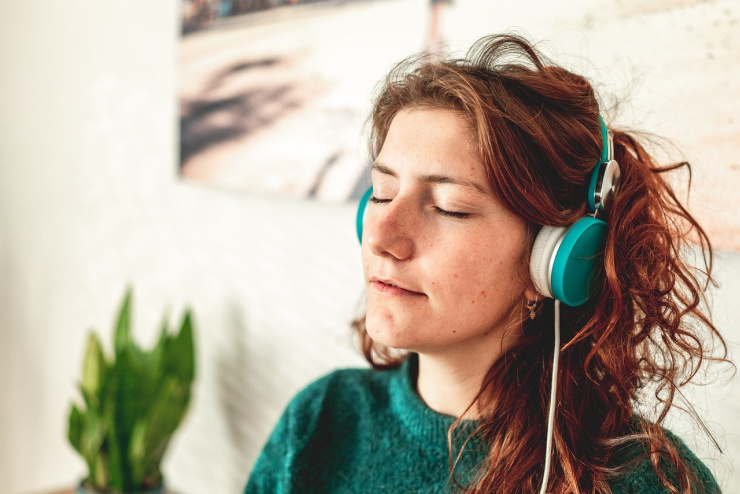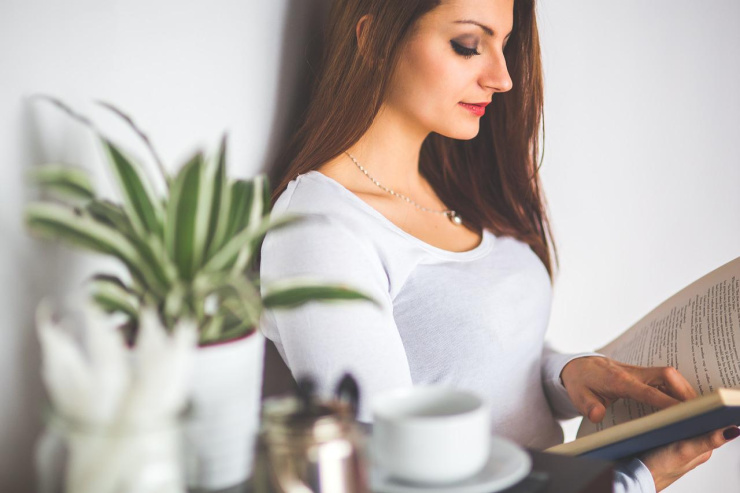Stress is a reaction of the body in response to external pressures. In case of stress and anxiety, the body secretes cortisol, the stress hormone, through the adrenal glands. If the cortisol level remains permanently high, disorders appear as irritability, anxiety, nervousness, concentration, sleep and digestive problems. In this article, you will find various natural anti-stress products to help you deal with difficult situations. If you want to try CBD as a natural help against stress, CBD Buds are the right choice as you can use them in many ways.
How to relieve stress with alternative medicines?
Different techniques can be tried to fight stress and prevent it from becoming chronic. To fight against anxiety and fatigue, several solutions are available to you.
Among them, sophrology, meditation, relaxation, tai chi, acupuncture, breathing exercises, homoeopathy, cardiac coherence, alternative medicines, Chinese medicine or phytotherapy are all possible natural anti-stress solutions.
All these methods can help to calm palpitations, lower blood pressure, and restore restful sleep. This process is essential for emotional stability and positive thinking.
What are natural stress relievers?
In herbal medicine, a plant or foodstuff that helps to manage and soothe toxic phases in the body is called a natural stress reliever. The aim is to successfully regulate all the symptoms of stress and their consequences, from increased heart rate to anxiety attacks and overwork. Nutrition, herbs or good practices can help you in times of anxiety. Various natural solutions exist to improve sleep, stress and nervousness, physical and psychological fatigue or depression.
Natural anti-stress plants
Certain medicinal plants, rich in active principles, are an ally not to be neglected during these difficult periods.
- The California poppy, or Eschscholtzia, is a natural sedative and anxiolytic which can treat various sleep disorders.
- Passionflower is a plant known to improve moderate anxiety. Passionflower helps to reduce symptoms such as palpitations or spasms. It also solves problems of agitation, which can cause hyperactivity or hyperexcitability.
- Valerian is one of the best anti-stress plants. It helps reduce sleep disorders linked to anxiety, nervousness or stress.
- Hawthorn helps to support cardiovascular functions for people suffering from mild to moderate anxiety.
- Lavender is used to treat insomnia, anxiety and agitation, but also in digestive disorders of nervous origin.
The WHO (World Health Organisation) recognises the use of most of these plants to reduce stress and sleep-related disorders. Anti-stress plants are called adaptogenic plants. Their role is to increase the body's capacity to manage all types of stress, whatever their origin. In addition to the abovementioned plants, many other, less common plants such as Eleutherococcus, Rhodiola or ginseng are included.
Herbal medicine is one of the natural methods of combating stress that complement a balanced diet and a healthy lifestyle. The body consumes a hefty dose of essential nutrients to combat stress and chronic anxiety. Therefore, additional sources are often needed.
CBD for stress
If you suffer from anxiety, stress, panic attacks, or need to relax, using CBD for relaxation will make sense. But which CBD for stress, anxiety or panic? CBD comes in many different forms, and there are many ways to calm anxiety, stress or to give yourself a relaxing break. Cannabidiol is a molecule extracted from the hemp plant and has been scientifically proven to improve the well-being of the body and mind.
Relaxing with CBD through oils, capsules, flowers, resins, herbal teas, and candies is possible. Available in different dosages and levels of CBD, I am confident that there is the right CBD relaxation product for you. Furthermore, since the legalisation and authorisation of the sale and consumption of cannabidiol on a French and European scale, it is now possible to buy CBD for stress and anxiety in all legality.
Why take CBD in case of stress, anxiety or anxiety?
Does CBD really reduce stress? Yes, because, let's face it, the daily life of most of us is full of stress, demands and mental burdens; it is interesting to be able to use a natural means to fight against anxiety. Non-psychotropic, not inducing any dependence or side effects, the molecule of the hemp plant proves to be a weighty ally to face the various difficulties of our frantic rhythms. You may need a moment of relaxation, a natural break that will allow you to breathe. CBD will also be particularly effective in reducing the symptoms of anxiety or panic attacks. For depression, the cannabidiol molecule will be a great companion also to soothe the symptoms of this disease. Also effective against spasmophilia, CBD against stress has demonstrated its powerful and effective effects on regulating mood for several decades. It is also regularly used to reduce post-traumatic stress disorder. Take a natural and legal break to add a dose of lightness and relaxation to your life!
How does CBD work on stress?
Like all mammals, we have an endocannabinoid system. This system, called the SEC, has receptors (CB1, CB2) specifically designed to receive cannabinoids. Our body is therefore designed to absorb this type of molecule. CBD reaches the bloodstream and then interacts with these receptors orally or sublingually. As a result, CBD's soothing, anti-stress, anti-inflammatory and relaxing effects come into action for several hours.
How is CBD relaxation made?
The hemp plant produces over 100 different cannabinoids. CBD and THC are the best known, but other cannabinoids such as CBG, CBC and CBN are also used to treat many ailments.
CBD products such as oils from JustBob.shop, capsules, candies and cosmetics are free of THC to meet legal requirements. To isolate the desired cannabinoids, laboratories use the supercritical CO2 extraction method. This process involves pushing CO2 (carbon dioxide) into a supercritical state so that it binds with the cannabinoids and terpenes within the plant. This method will not damage the plant material or destroy the more minor volatile compounds. Instead, it allows the desired cannabinoids, terpenes and flavonoids to be isolated and combined. The Legal CBD and other cannabinoids, depending on the type of product, are assembled with a vegetable oil-type fat to bind and act entirely on your body.
I hope this article helps you cope with stress and help you reduce anxiety.
*Collaborative post. This post is for information purposes only and does not offer medical advice.
*Collaborative post. This post is for information purposes only and does not offer medical advice.














